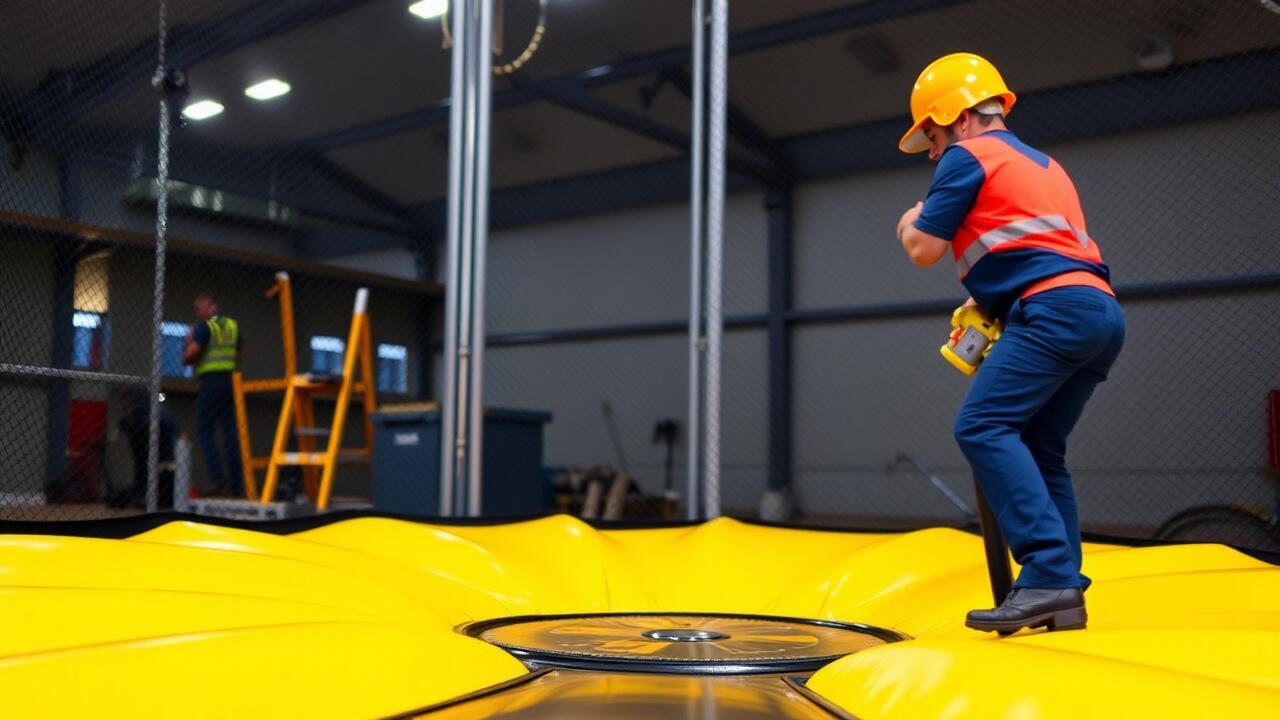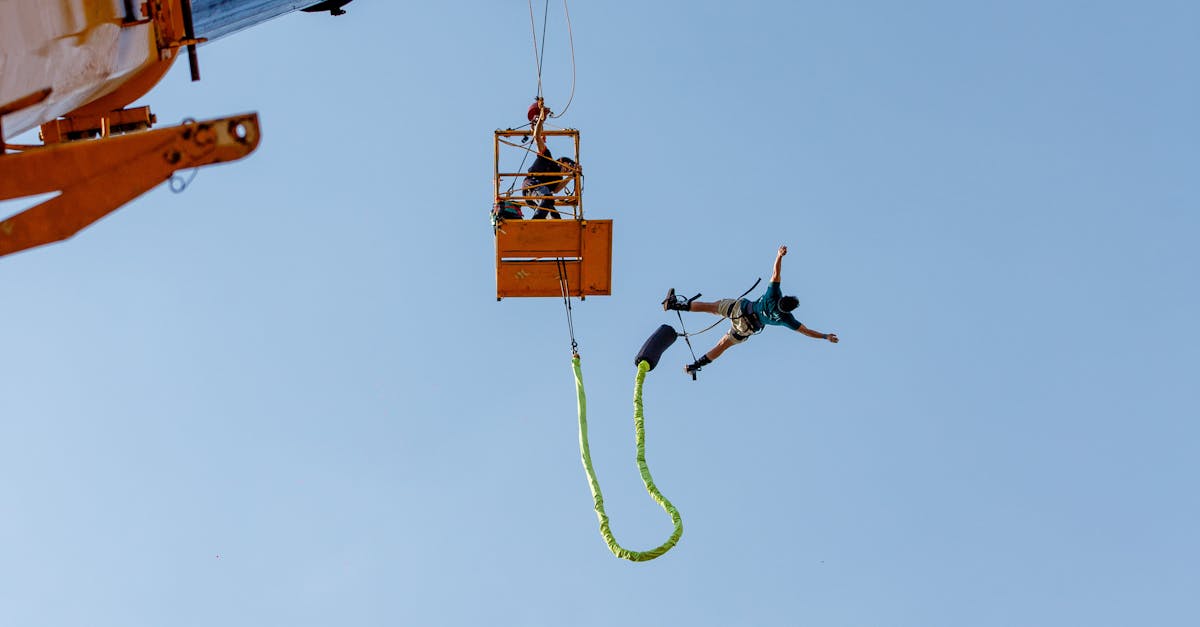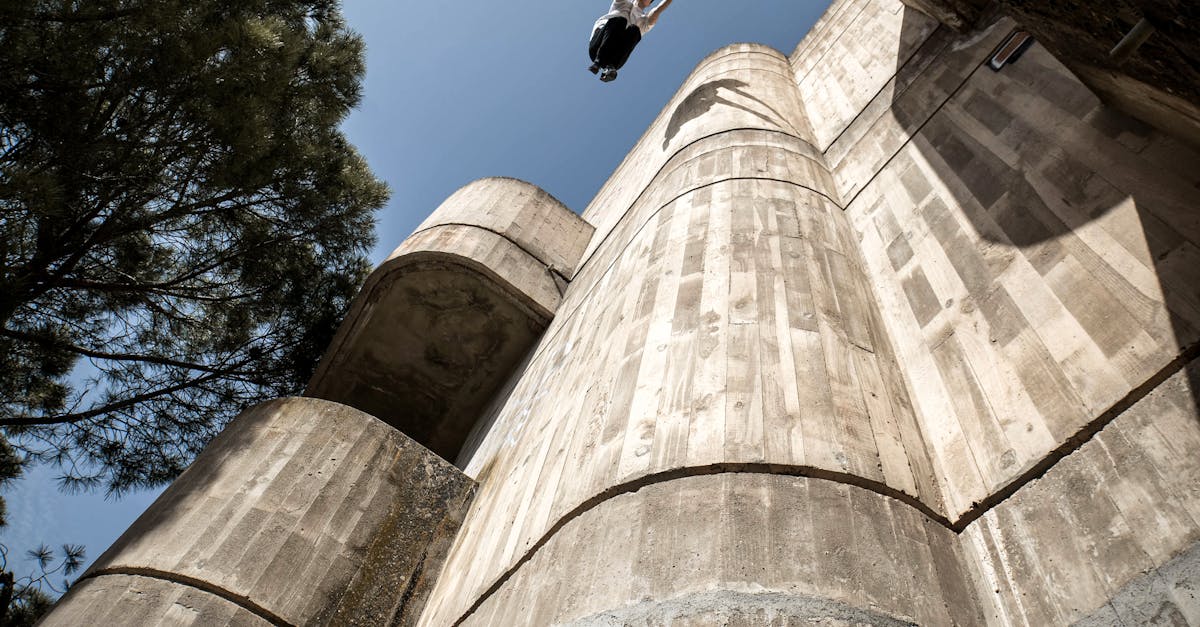
Table Of Contents
Financing Options for Castle Purchases
Financing a castle purchase can be a unique challenge due to the specialized nature of such properties. Traditional home loans may not apply, as many banks and financial institutions require specific evaluations and documentation. Buyers often turn to niche lenders who understand the nuances of acquiring heritage properties. This tailored financing approach can include higher deposit requirements and variable interest rates, reflecting the risks associated with these grand assets.
For those looking to utilise a castle for commercial purposes, such as events or accommodation, options like crowdfunding or investor partnerships could also be viable strategies. This can enhance cash flow and minimise personal financial risk. Additionally, businesses like Jumping Castle Hire Sydney often partner with unique venues, demonstrating that there are diverse opportunities to generate revenue from heritage sites while engaging the community and local tourism.
Mortgages and Loans Specific to Heritage Properties
Investing in heritage properties like castles often requires specific financing options tailored to their unique characteristics. Traditional mortgage products may not always apply due to local regulations and the historical significance of these structures. Many lenders offer specialised loan products designed for such properties, focusing on factors like heritage listings and conservation requirements. It's crucial for potential buyers to conduct thorough research and consult with financial advisers who understand these specific lending criteria.
In Australia, there are also institutions that provide financing for heritage properties, taking into account their potential for income generation, especially if used for tourism. Buyers should consider how they intend to use the property; for example, they might explore options like "Jumping Castle Hire Sydney" to generate revenue while maintaining the property's integrity. Understanding the nuances of financing these properties can make a significant difference in the purchasing process and future investments.
Legal Considerations When Buying a Castle
When contemplating the purchase of a castle, it is essential to understand the various legal considerations that accompany such an investment. Ownership of heritage properties often comes with specific regulations designed to preserve historical value. These may include restrictions on modifications, maintenance obligations, and compliance with heritage conservation laws. Potential buyers should engage legal counsel experienced in heritage properties to navigate the complexities of local regulations and ensure that they meet all legal requirements.
Additionally, potential buyers must consider zoning laws that apply to the property. These laws dictate how land can be used and may limit the types of activities allowed on the premises, such as commercial ventures or tourism operations. For instance, those interested in using the castle for events may need to investigate local permits and licensing. An example of a business that could benefit from a castle's grandeur is "Jumping Castle Hire Sydney," which highlights the potential for unique event experiences in such settings. Understanding both zoning and heritage laws will provide a clearer picture of the ownership landscape.
Zoning Laws and Property Regulations
When considering the purchase of a castle, understanding zoning laws and property regulations is essential. Each local council has specific rules that dictate how the land can be used, which can dramatically affect plans for renovations or renovations. Heritage listings may impose additional restrictions, limiting changes to the exterior or historical features. Investigating these regulations early in the buying process can save potential buyers a significant amount of time and money.
In Australia, opportunities for unique acquisitions like castles come with their own set of challenges. For instance, those looking to rent out or host events might need to navigate complex permits and compliance requirements. Services such as Jumping Castle Hire Sydney can add a fun element to castle events, but understanding local regulations for business operations is crucial. Overall, engaging with local authorities and legal experts will ensure that buyers are well-informed of their obligations and can make the most of their investment.
Popular Regions for Castle Investments
Australia offers unique opportunities for castle investments, with various sites attracting both local and international buyers. The state of New South Wales stands out due to its diverse landscapes and rich history, home to iconic structures that can serve as both residences and commercial venues. Investors often seek properties that provide not just aesthetic beauty but also potential for tourism and events. These castles can be transformed into boutique hotels, wedding venues, or private retreats, tapping into Australia's growing tourism market.
Tasmania, with its scenic countryside and well-preserved heritage, has also emerged as a popular region for those keen on castle ownership. The natural beauty of the area makes it an ideal backdrop for such grand structures. Platforms like Jumping Castle Hire Sydney highlight the increasing trend of utilising castle properties for events, catering to families seeking unique entertainment options. Such investment opportunities blend historical significance with modern lifestyle demands, making them attractive for a wide range of buyers.
Spotlight on Australian Castles
Australia is home to a number of unique castles that attract both local and international buyers. While the country may not boast centuries-old stone fortresses like those in Europe, some properties evoke a sense of grandeur and historical significance. Notable examples include the Gothic Revival-style Thurlow Castle in New South Wales and the picturesque Castle Hill Heritage Park. These sites demonstrate the enchanting blend of natural beauty and architectural charm that defines Australia's approach to castle living.
For those considering events or experiences in these venues, Jumping Castle Hire Sydney offers a distinctive option to enhance any gathering. These services provide an exciting addition for families and event planners looking to add a touch of whimsy when hosting occasions at these remarkable locations. The availability of such amenities reflects the growing interest in castles as both residences and unique event spaces.
FAQS
What is the average cost of buying a castle in Australia?
The average cost of buying a castle in Australia can vary widely depending on the property's location, size, and historical significance, but prices can range from a few million to tens of millions of dollars.
Are there specific financing options available for purchasing a castle?
Yes, there are financing options such as specialised mortgages and loans tailored for heritage properties, which take into account the unique considerations of these types of real estate.
What legal considerations should I be aware of when buying a castle?
Potential buyers should be aware of zoning laws, property regulations, and heritage listings that may affect renovations or the use of the property, as well as any ongoing maintenance responsibilities.
Which regions in Australia are known for having castles available for purchase?
Popular regions for castle investments in Australia include New South Wales and Victoria, particularly areas with historical significance and tourism appeal.
Can I renovate a castle after purchasing it?
Yes, you can renovate a castle, but you must adhere to local zoning laws and heritage regulations, which may impose restrictions on certain types of renovations to preserve the property's historical integrity.





























